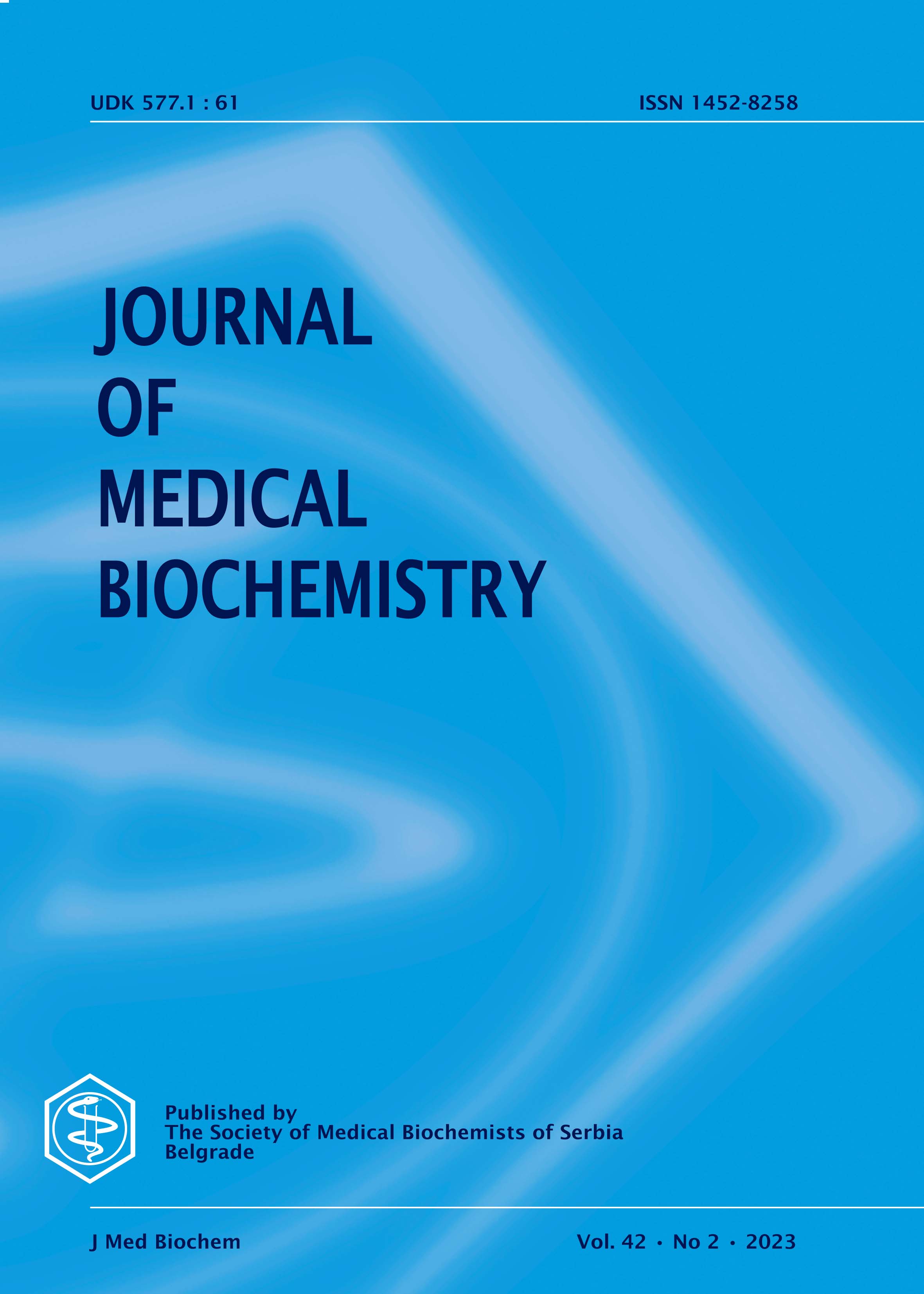LncRNA FEZF1-AS1 negatively regulates ETNK1 to promote malignant progression of renal cell carcinoma
LncRNA FEZF1-AS1 and renal cell carcinoma
Abstract
Background: To explore the role of LncFEZF1-AS1 in renal cell carcinoma (RCC) tissues and cells, and the possible molecular mechanism.
Methods: Expressions of LncFEZF1-AS1 in RCC tissues and adjacent ones were detected. The association of LncFEZF1-AS1 level with clinical data of RCC patients was also analyzed. Besides, the differential expressions of LncFEZF1-AS1 in a variety of RCC cell lines were also determined. Then the LncFEZF1-AS1 knockdown model was constructed in RCC cell line to further determine the influences of LncFEZF1-AS1 on the proliferative ability and migration of RCC cells through CCK8 and Transwell experiments. Furthermore, luciferase reporter gene experiment were used to validate the combination of LncFEZF1-AS1 to ETNK1.
Results: Results suggested that expression of LncFEZF1-AS1 was noticeably higher in RCC tumor tissues and the RCC cells. Clinical pathological data analysis also suggested that high LncFEZF1-AS1 expression was in correlation with the pathological stage and the incidence of distant metastasis in RCC patients, and the poor overall survival rate. In vitro experiments demonstrated that knocking down of LncFEZF1-AS1 markedly repressed the proliferation and migration of RCC cell lines. Bioinformatics suggested that LncFEZF1-AS1 can interact with the downstream target gene ETNK1, which was confirmed by the luciferase reporter gene experiments. Western Blot results revealed that knocking down of LncFEZF1-AS1 markedly enhanced ETNK1. qRT-PCR analysis indicated that ETNK1 level was under-expressed in RCC tissues and in negative correlation with LncFEZF1-AS1. Further experiments suggested that knockdown of ETNK1 partially reversed the inhibitory effects of LncFEZF1-AS1 silencing on the proliferative and migrative abilities of RCC cells.
Conclusions: LncFEZF1-AS1 could facilitation the proliferative and migration of RCC cells by regulating the expression of ETNK1. Therefore, FEZF1-AS1 might function as a cancer-promoting factor and possible new therapeutic target for RCC.
References
2. Akhtar M, Al-Bozom IA, Al HT. Papillary Renal Cell Carcinoma (PRCC): An Update. Adv Anat Pathol 2019; 26(2): 124-32.
3. Jonasch E, Gao J, Rathmell WK. Renal cell carcinoma. BMJ 2014; 349: g4797.
4. Petejova N, Martinek A. Renal cell carcinoma: Review of etiology, pathophysiology and risk factors. Biomed Pap Med Fac Univ Palacky Olomouc Czech Repub 2016; 160(2): 183-94.
5. Capitanio U, Bensalah K, Bex A, Boorjian SA, Bray F, Coleman J, et al. Epidemiology of Renal Cell Carcinoma. Eur Urol 2019; 75(1): 74-84.
6. Barata PC, Rini BI. Treatment of renal cell carcinoma: Current status and future directions. CA Cancer J Clin 2017; 67(6): 507-24.
7. Posadas EM, Limvorasak S, Figlin RA. Targeted therapies for renal cell carcinoma. Nat Rev Nephrol 2017; 13(8): 496-511.
8. Choueiri TK, Motzer RJ. Systemic Therapy for Metastatic Renal-Cell Carcinoma. N Engl J Med 2017; 376(4): 354-66.
9. Gray RE, Harris GT. Renal Cell Carcinoma: Diagnosis and Management. Am Fam Physician 2019; 99(3): 179-84.
10. Shingarev R, Jaimes EA. Renal cell carcinoma: new insights and challenges for a clinician scientist. Am J Physiol Renal Physiol 2017; 313(2): F145-54.
11. Lucarelli G, Loizzo D, Franzin R, Battaglia S, Ferro M, Cantiello F, et al. Metabolomic insights into pathophysiological mechanisms and biomarker discovery in clear cell renal cell carcinoma. Expert Rev Mol Diagn 2019; 19(5): 397-407.
12. Kumar MM, Goyal R. LncRNA as a Therapeutic Target for Angiogenesis. Curr Top Med Chem 2017; 17(15): 1750-7.
13. Jathar S, Kumar V, Srivastava J, Tripathi V. Technological Developments in lncRNA Biology. Adv Exp Med Biol 2017; 1008: 283-323.
14. Peng WX, Koirala P, Mo YY. LncRNA-mediated regulation of cell signaling in cancer. Oncogene 2017; 36(41): 5661-7.
15. Wang J, Su Z, Lu S, Fu W, Liu Z, Jiang X, et al. LncRNA HOXA-AS2 and its molecular mechanisms in human cancer. Clin Chim Acta 2018; 485: 229-33.
16. Mehdi A, Riazalhosseini Y. Epigenome Aberrations: Emerging Driving Factors of the Clear Cell Renal Cell Carcinoma. Int J Mol Sci 2017; 18(8): 1774.
17. Liu X, Hao Y, Yu W, Yang X, Luo X, Zhao J, et al. Long Non-Coding RNA Emergence During Renal Cell Carcinoma Tumorigenesis. Cell Physiol Biochem 2018; 47(2): 735-46.
18. Bian Z, Zhang J, Li M, Feng Y, Wang X, Zhang J, et al. LncRNA-FEZF1-AS1 Promotes Tumor Proliferation and Metastasis in Colorectal Cancer by Regulating PKM2 Signaling. Clin Cancer Res 2018; 24(19): 4808-19.
19. Ye H, Zhou Q, Zheng S, Li G, Lin Q, Ye L, et al. FEZF1-AS1/miR-107/ZNF312B axis facilitates progression and Warburg effect in pancreatic ductal adenocarcinoma. Cell Death Dis 2018; 9(2): 34.
Copyright (c) 2022 Jiangyong Lou, Xiaoming Liu, Xiaodong Fan, Xiaoming Xu, Zhichao Wang, Liqun Wang

This work is licensed under a Creative Commons Attribution 4.0 International License.
The published articles will be distributed under the Creative Commons Attribution 4.0 International License (CC BY). It is allowed to copy and redistribute the material in any medium or format, and remix, transform, and build upon it for any purpose, even commercially, as long as appropriate credit is given to the original author(s), a link to the license is provided and it is indicated if changes were made. Users are required to provide full bibliographic description of the original publication (authors, article title, journal title, volume, issue, pages), as well as its DOI code. In electronic publishing, users are also required to link the content with both the original article published in Journal of Medical Biochemistry and the licence used.
Authors are able to enter into separate, additional contractual arrangements for the non-exclusive distribution of the journal's published version of the work (e.g., post it to an institutional repository or publish it in a book), with an acknowledgement of its initial publication in this journal.

